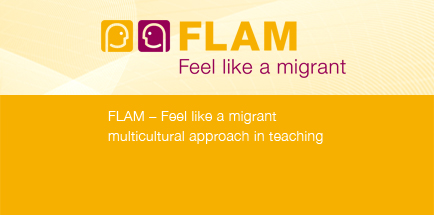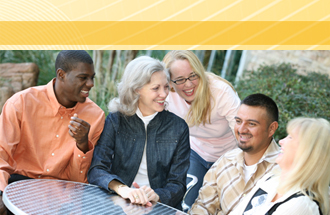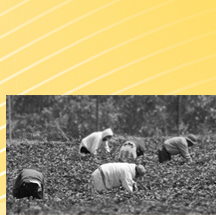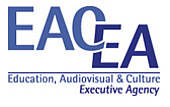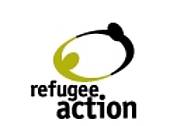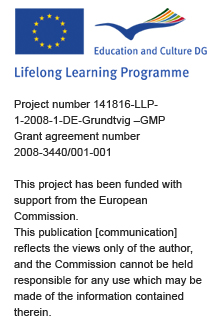
Project
Background
The integration of migrants presents a special challenge: it is a complex and long-term undertaking. Anyone who is in favour of immigration should make an effort to foster the successful integration of immigrants already living in countries and that of new immigrant. One of the groups of people very close to immigrant are teachers, trainers and other educational staff who have personal contact with migrants in everyday working life.
The project "Feel like a migrant" aims at:
- developing and implementing the concept of a multicultural teaching approach as a new strategy and method in teaching, through developing and running workshops for trainers, teachers and other educational staff
- developing innovative methods for the workshops in order for the participants to “feel like a migrant” and thereby enhance their empathy in their daily contact with migrant
- promoting an awareness of the importance of cultural and linguistic diversity in Europe
- promoting understanding of cultural backgrounds and providing reflection in order to increase tolerance and to reduce prejudices and xenophobia
Outputs:
- pilot workshops for trainers, teacher and other educational staff working with migrants
- handbook (curriculum and tools) for trainers, teachers and education staff working with migrants including teaching materials, tools and detailed description of the modular curriculum
- an internet website platform enabling communication among partners and containing the completed project products in the form a handbook with teaching materials
- publications about project activities and expected results
seminars focusing on the dissemination of project activities and expected results in Austria, France, Germany, Romania, Spain, Switzerland and the United Kingdom - multiplier conference for all project partners and other EU countries that are not participating in the project
Impact envisaged:
Better understanding of culture, not only other people's but also one's own, and its implications, as a complex process in which people become members of communities, form basic attitudes, values and norms and constructs a basis for facilitating the process of integration into society.
Trainers, teachers and other educational staff equipped with multicultural competencies are able to take into account the cultural diversity of learners, to better understand culture and its implications for the learning process and, last but not least, they can be more flexible in their changing role in adult learning.
